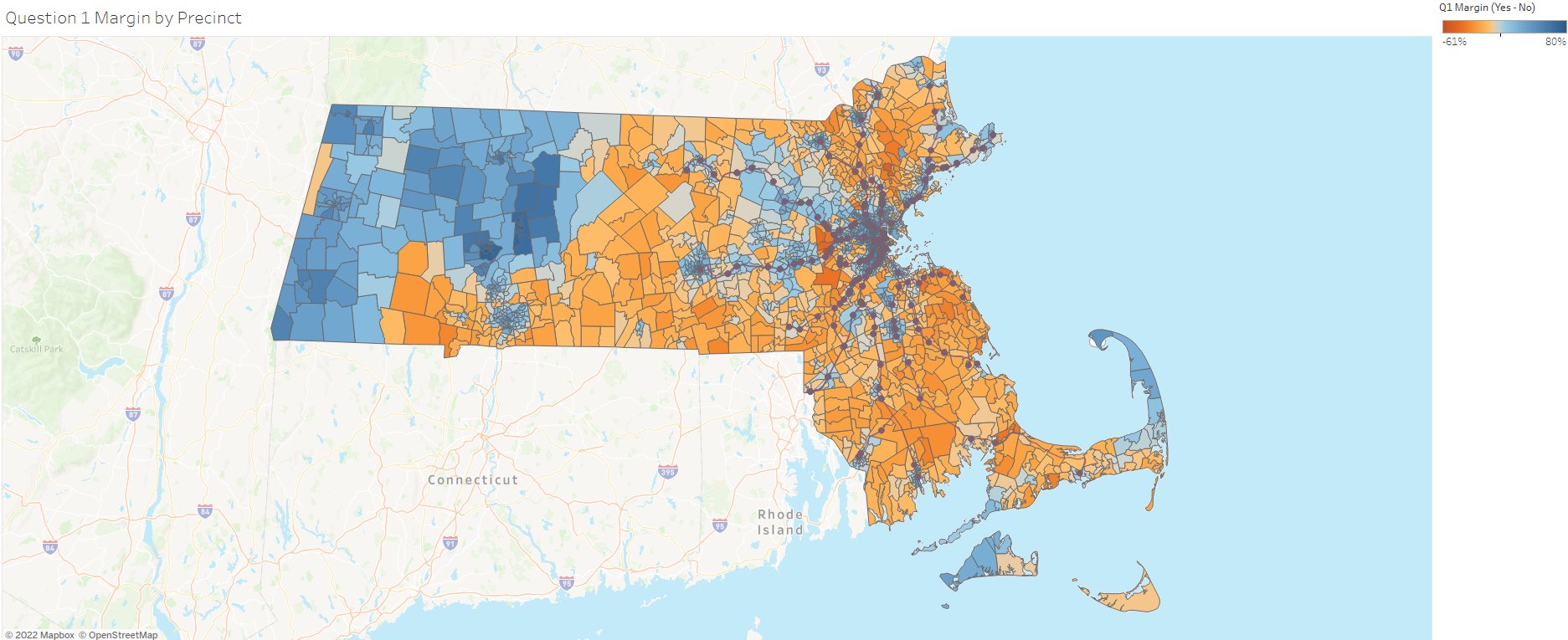dhawkins
Active Member
- Joined
- Jan 25, 2014
- Messages
- 892
- Reaction score
- 3,150
Does anyone have a good source for statistics on the number of school age children in MA and specific towns?
I hear the student-teacher ratio argument thrown around a lot, but my understanding is that the fertility rate has continually fallen. My small exurb had class sizes of 120 students in 2012 and now hovers at ~100. Enrollment in Boston Public Schools has declined by 8,000 since 2015.
Local conditions can certainly vary from the macro trends, but when a super-majority of new units are 1-2 bedrooms and targeted at young professionals, I'm far more skeptical of the school district concerns.
Just saw this today, has a lot of stats. https://www.usnews.com/education


